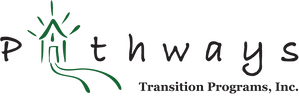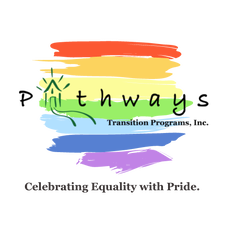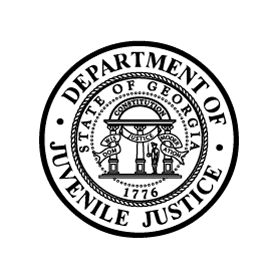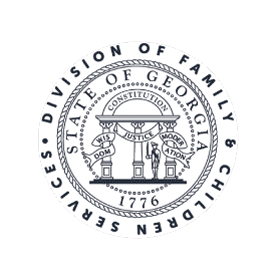|
Some time ago, I fractured a bone in my foot. The orthopedist put me in a cast and said, “Come back in four weeks and we’ll see how it’s healing”. I remembered past episodes in my life when a family member or I have had a medical “crisis”. The attending physician or surgeon does his or her work and says, “Come back in …. weeks and we’ll see how you’re healing”. And sure enough, by the time we go back for the check up, nature’s usually done its job or needs a little more help from the doctor.
I got to thinking about our work with hurt children and families… What is our role as caseworkers, therapists and counselors, teachers, judges, administrators? Who does the healing and changing? Do physicians and surgeons do the healing or do they create the conditions under which the body can heal itself? Do we change people or do we make it possible for people to change? Trauma affects more children than we realize. Not the kind of trauma that is shared by many, such as a tornado or hurricane that sweeps through a town, changing everyone’s lives. This is the kind of trauma that is personal, like being verbally, physically or sexually abused. Like growing up in poverty, so that you have to move from one place to another so often that no teacher ever gets to know you, you never belong to a neighborhood or have a group of friends you grow up with. Like growing up with domestic violence. In 2006, 12 of every 1000 children birth to seventeen experienced substantiated maltreatment. This kind of trauma hurts children. It causes emotional pain. The kind of pain that can’t be seen. A child can’t tell you “I’m hurting from being neglected and abused”. The trauma victim doesn’t say to herself, “I am a trauma victim”. The effects of trauma usually show up in the ways a child relates to others, how he handles disappointment, frustration and disagreement. When we meet this child in the community – at school, at church, in a foster home or the play ground – his behavior is often disruptive and distressing. We can get so determined to change this child’s behavior that we forget to take the child’s life experiences into account. We may forget to ask “What does this child need in order to heal?” and get over-focused on asking, “What do I have to do to get this child to obey and behave?” We wouldn’t expect someone with a broken foot to walk until the foot was safely protected by a cast and crutches had been provided, would we? Now, not every child who has experienced trauma displays psychological and behavioral problems. What accounts for the difference? When trauma is repeated so that anticipating the next trauma becomes a way of life, a child never gets the opportunity to heal and continue with growing and learning. Like a bone that gets broken over and over… healing takes longer and longer, until the bone is permanently damaged. Children who overcome the impact of trauma have been given the support and nurturing that healing requires much like the cast and crutches that allow healing to take place. As professionals involved in the care of traumatized children, it helps us to remember that our contribution is akin to providing the cast, the crutches, and the salve that create the conditions under which nature can do its job. The fact is that we have a natural, in-born capacity for healing and a need to seek health and wholeness. Here’s a website where you can find more information about what children need from us to help them heal. Becoming trauma-informed in our policies and practices will help make our work more effective in preventing children from becoming permanently damaged. Dr. Sunaina Rao Jain Child & Adolescent Clinical Psychologist Founder, CEO Pathways Transition Programs
1 Comment
|
Author
|
Pathways Transition Programs, Inc. 120 E Trinity Place, Decatur, Georgia 30030 404.378.2300 © 1991 — 2022 All rights reserved.

 RSS Feed
RSS Feed








